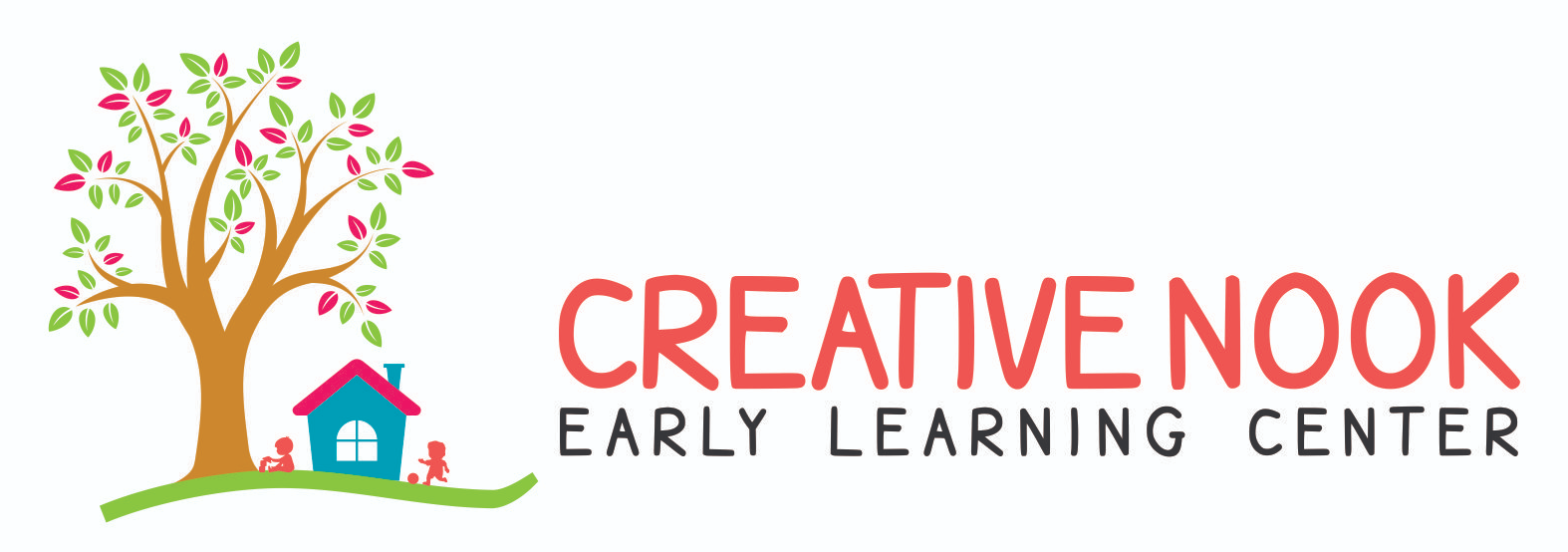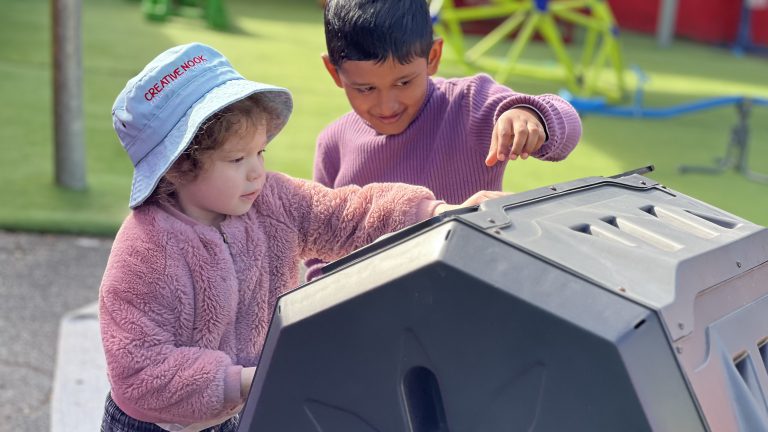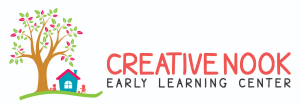Sustainability in childcare improves the quality of our lives and protects the future of our ecosystem. It is essential to preserve the natural resources for longevity of our planet earth.
Creative Nook Early Learning acknowledges that sustainability is embedded in our life. That is why we involve the community, families, children and our educators in achieving our goal to be more sustainable and support the environment for the better future of our young generation.
We want you to be a part of our approach to sustainable living and it is very simple. Here are 5 steps you can take to be more sustainable.
- Conserve Energy
Turn off your lights, appliances and TV when not in use. All appliances including TVs and computers consume energy when left in standby mode. Turning them off at the wall will you use less energy and also save on your electricity bill. - Conserve Water
Turning off the water when brushing your teeth will help to conserve water. Take shorter showers and change your shower head with one with a higher water rating. Fixing any leaking or dripping taps can also save a significant amount of water in the long run. - Composting
Setting up your own composting system or worm farm is a great way to recycle your food scraps and turn them into fertiliser and use it in your garden. - Recycle
Ensure you sort your rubbish into the correct bins. Remember to reduce waste and reuse where possible.
Here are some of the ways we have implemented sustainability in childcare at Creative Nook:
- We have partnered with Share Waste and are a host to collect food scraps from our neighbours for our compost bin. We then reuse the compost in our garden and share it with our families.
- We have partnered with Wonder to recycle bread bags which earns us points for sports equipment.
- We are working with collaboration with The Bin Chicken and are collecting bottles, tags, oral care products to recycle and support the Community Pantry run by The Bin Chicken.
- We have installed green Hot Water System under the NSW Energy Savings Scheme. The system uses a heat pump to transfer heat from the air to heat water. This reduces electricity usage and reduces our carbon footprint.
How can we help Reduce Reuse Recycle
At Creative Nook, we have incorporated sustainability in childcare as part of our curriculum and we believe that sustainability should be part of our daily lives. Here are some of the ways in which we protect our environment and teach children to be more sustainable.
Children and educators are trained, educated and provided with support to become more sustainable. Children and educators are taught to minimize the use of electricity by turning off lights and AC when outdoor.
We use water in moderation to reduce wastage. The leftover water in cups and jugs are used to water our plants in the garden.
Our philosophy encourages creativity, so out educators and children engage in co-construct learning about how to repurpose materials used in our day-to-day life.
Our commitment to sustainability does not stop at children and educators. We involve families and our broader community as well. We are very proud of the support that we receive from our community.
Our families bring in reusable items that children can use in their play. This allows us to repurpose old gift wraps, ribbons, pipes, buttons and much more. This also allowed children to engage in more open-ended play with materials that they see and use everyday.
Our commitment to sustainability is reflected in our policy.
Sustainability for Children
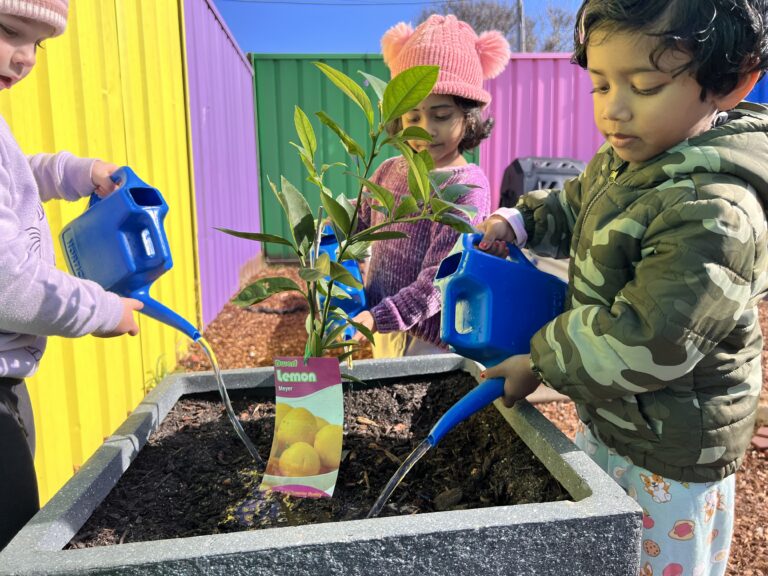
Children love engaging with the environment around them. Our educators take great pride and joy in making sustainable activities part of the children daily routines. These include the following:
- Children are encouraged to use one paper towel for drying hands after washing.
- Children will use the left-over water from jug and cups to water plants
- Children will learn to re-purpose their paintings and art works to practice cutting.
- Children will continue and revisit their art works, to add more to their creations.
- Involving children in composting and gardening activities.
Sustainability for Educators
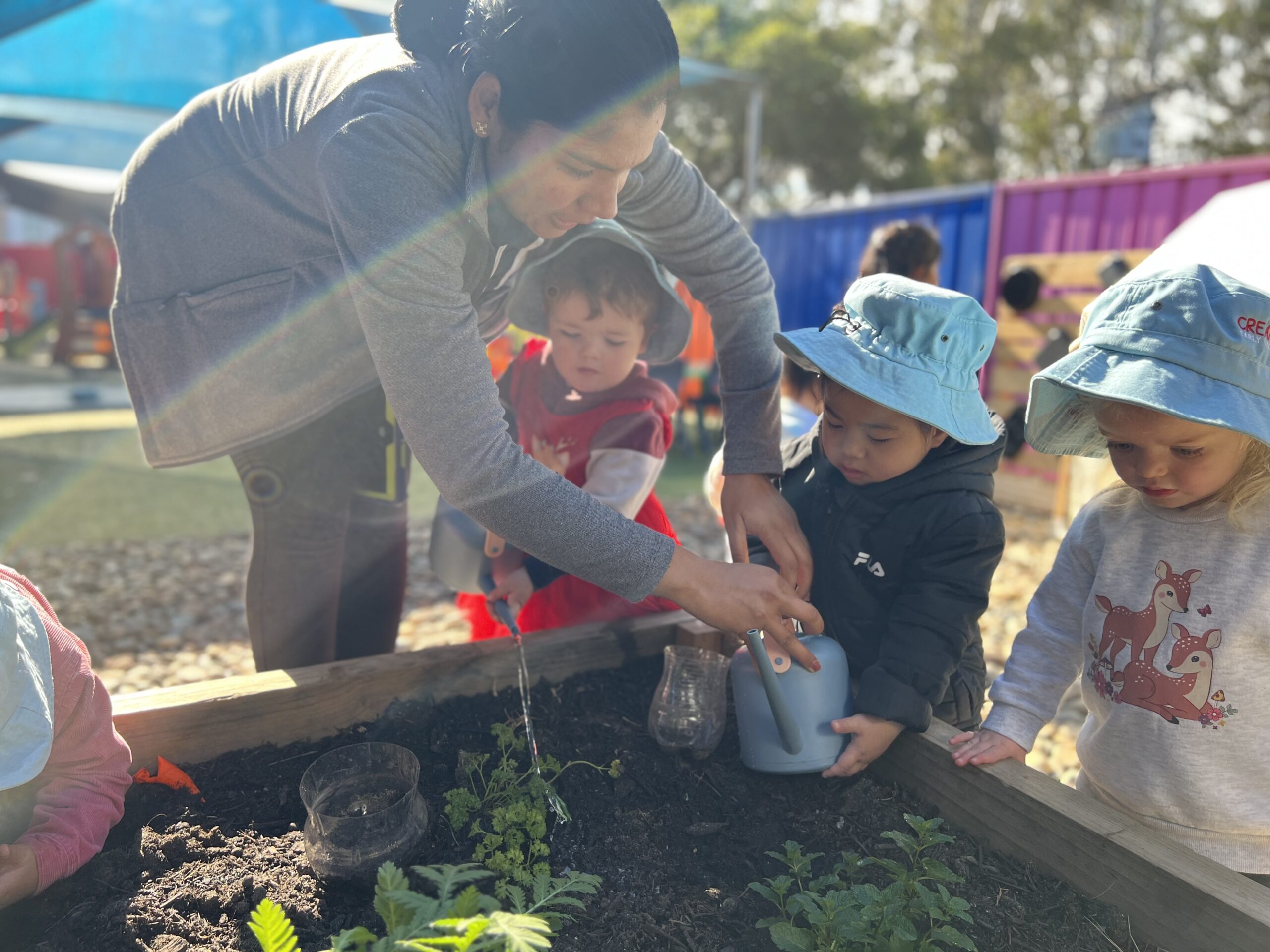
Our educators play an important role in achieving our sustainability goals. Our children look up to our Educators, so their actions play a pivotal role in shaping our childrens behavior’s when caring for their environment.
- Educators use recyclable materials to create resources and learning experiences.
- All educators respect the usage of electricity and water and work towards improving the way we use them.
- All educators support families, children, and the service to work towards sustainability by following our sustainability policy.
- The Educators will teach children to respect the natural and man-made world around them.
Our Sustainability Action Plan
- Reduce our carbon footprint by reducing electricity consumption.
- Reuse food scraps to create soil and composts to plant and grow fruits, vegetables and herbs.
- Repurpose metal, tires, and other reusable materials to create sustainable learning spaces.
- Model sustainable practice by using natural resources in the rooms and encouraging families to bring in bottles, corks, and containers, so children can use their creativity and repurpose them.
